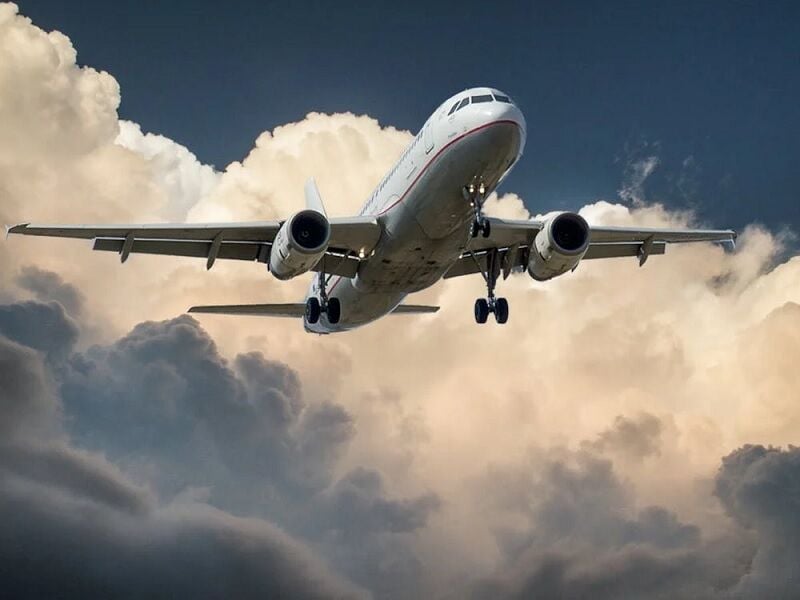Air China boosts Comac profile with massive C919 jet order

China’s national carrier, Air China, reportedly placed an order for 100 domestically-produced C919 jets, a move anticipated to garner international interest and further boost the profile of the relatively new aircraft. This comes as rival Boeing continues to grapple with ongoing safety concerns.
The Beijing-based airline, which flies to 196 destinations, including over 60 international locations, confirmed the agreement with Comac, the state-owned manufacturer of the C919, on Friday. The order, which is expected to be fulfilled between this year and 2031, comes with a substantial price discount off the listed total of US$10.8 billion.
This move is expected to ensure continuous business for Comac for years to come, attracting potential investment and additional purchases, said assistant director with Moody’s Analytics, Harry Murphy Cruise.
“Air China’s massive order of Comac C919s adds to the viability of the aircraft’s future.”
He further noted that such large orders instill confidence in the manufacturer, prompting further investment in the production process.
The C919, designed to compete with Boeing’s 737 family and Airbus’ A320 line of narrowbody jets, began commercial passenger flights in May. The aircraft has been seen as a significant advancement not just for China but also for the international airline industry.
Industry experts believe that Air China’s order could potentially encourage other airlines to consider Comac’s planes, particularly given the backlog of orders at Airbus and Boeing. However, the C919’s lack of certification outside China may slow its international adoption.
Despite this, Air China’s deployment of C919s is expected to gain global attention. With Comac already courting buyers in Southeast Asia, airlines worldwide will be closely observing the aircraft’s performance, cost-efficiency, reliability, and compatibility with existing fleets.
The C919’s overseas safety concerns have been noted, but it is expected that China’s partners in Africa or Southeast Asia may be among the first international buyers of the aircraft. The purchases may be included in China’s trade agreements with these partner countries.
However, the challenges of mixing aircraft types, which can increase maintenance and training costs, coupled with the C919’s lack of certification outside China, may slow the disruption of the current duopoly held by Airbus and Boeing, warns Harry, reported Bangkok Post.
Latest Thailand News
Follow The Thaiger on Google News:


























